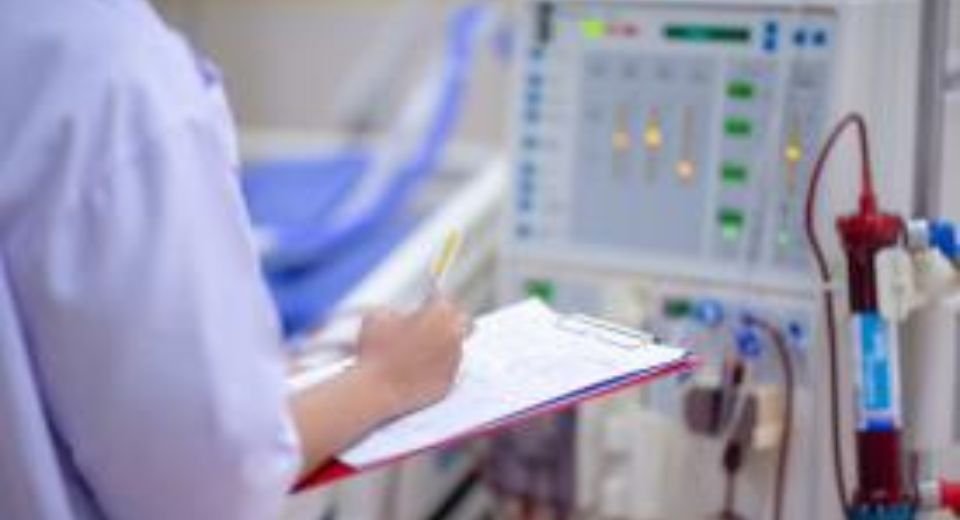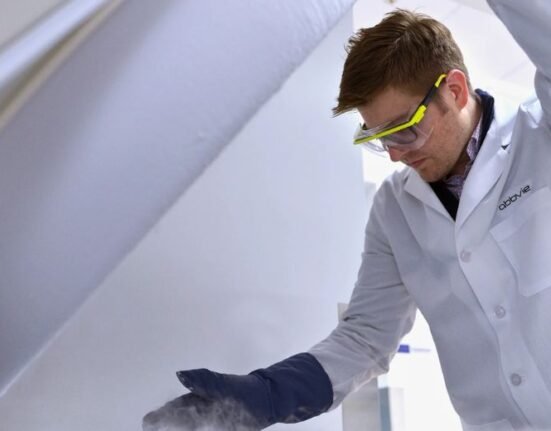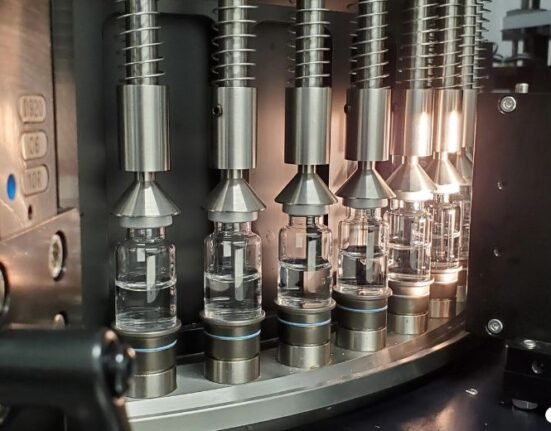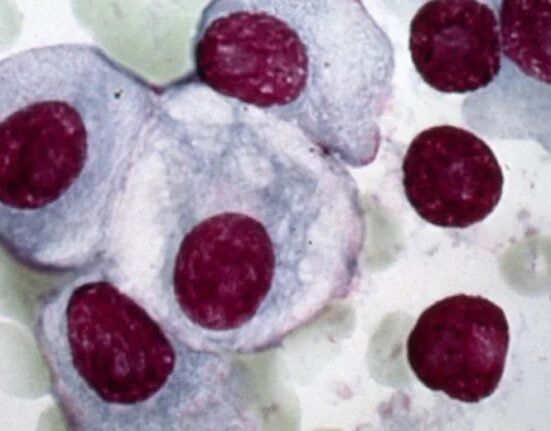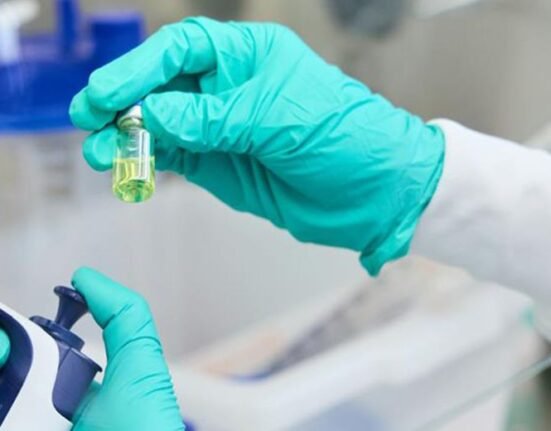HQ Team
February 7, 2025: United Therapeutics Corporation, a public benefit corporation, got approval from US regulators to start a clinical trial for organ transplantation from genetically modified pigs to treat kidney disease.
The for-profit business, known as B Corps, initiated a clinical study of its UKidney transplant — which works on 10 genes edited from a pig — on six patients with end-stage kidney disease, according to a company statement.
Based on the results of the six-participant study, the publicly-listed company will expand the patients to 50 and expects the first xenotransplant in the trial to be performed around mid-year 2025.
The US Food and Drug Administration approved United’s new drug application, which is meant to support a biologics license application.
This clinical study aims to assess the safety and efficacy of the UKidney in endstage renal patients who are ineligible for a conventional allogeneic kidney transplant for medical reasons.
Waiting list
It also will assess the efficacy on end-stage renal disease patients who have been on the kidney transplant waitlist but are more likely to die or go untransplanted than receive a deceased donor kidney transplant within five years.
“Clearance of our IND for this first-ever clinical trial of a xenokidney represents a significant step forward in our relentless mission to expand the availability of transplantable organs,” said Leigh Peterson, PhD, Executive Vice-President, Product Development and Xenotransplantation at United Therapeutics.
“Our goal is to increase the availability of transplantable organs to offer a therapeutic alternative to a lifetime on dialysis for a large population of patients who are unlikely to receive an allogeneic kidney transplant,” she said.
A 2009 study estimated that 52% of kidney transplant candidates who were at least 60 years of age when placed on the transplant waitlist die within five years before receiving a transplant, according to the company statement.
United Therapeutics stated that xenotransplantation offered a therapeutic alternative to dialysis.
Improving survival
“Eliminating the need for dialysis or limiting time on dialysis may improve survival for many patients with end-stage renal disease,” said Noah Byrd, PhD, RAC, Vice-President Global Regulatory Affairs at United Therapeutics.
More than 557,000 patients in the US are on dialysis to filter their blood when their kidneys are no longer able to do so.
Trial participants will receive a UKidney transplant followed by a 24-week post-transplant follow-up period, including the evaluation of all study endpoints and safety assessments.
After the 24-week post-transplant follow-up period, participants who received a UKidney will continue to be followed for the rest of their lives, including for survival, UKidney function, and monitoring for zoonotic infections.
Efficacy goals include participant survival rate, UKidney survival rate, change in measured glomerular filtration rate, and change in quality of life in participants at 24 weeks post-transplant.
Independent committee
Safety goals include the incidence of adverse events and serious adverse events, all-cause mortality, and the incidence of proteinuria, zoonotic infections, and opportunistic infections.
The first cohort will consist of six transplants at two centers. There will be a 12-week waiting period between the first and second transplants.
After the initial cohort reaches at least 12 weeks post-transplant, safety and efficacy data will be reviewed by an independent Data Monitoring Committee to determine if the study should proceed to the next cohort.
United Therapeutics intends to engage with the FDA after the first six transplants are completed.
“If safety and efficacy results are supportive, the sample size will be increased to a total of up to 50 participants to enable the study to support registration, with additional transplant centers expected to be added to the study,” according to the statement.
Gene edits
Of the 808,000 patients with kidney failure in the US and more than 557,000 patients on dialysis, about 93,000 are on the US kidney transplant waiting list, according to the American Kidney Fund.
A 2021 study found that three years after starting dialysis, only 12% of patients had been placed on an Organ Procurement and Transplant Network kidney transplant waitlist, while more than 40% died.
Another company, eGenesis, has also applied for similar trials, and both of the companies have modified pig genes to reduce the risk of organ rejection and improve compatibility with human bodies.
eGenesis has pigs that have undergone 69 gene edits, most of them to inactivate viruses that could pose a risk to humans.


